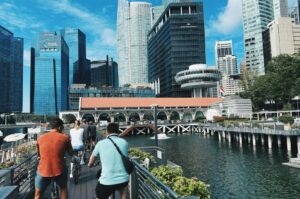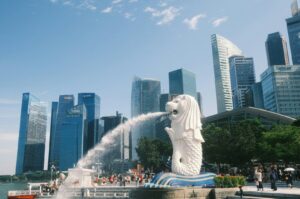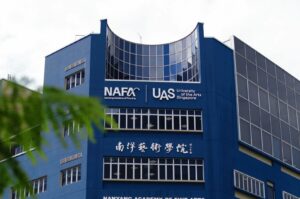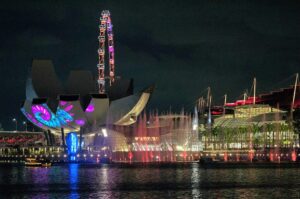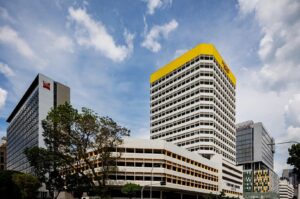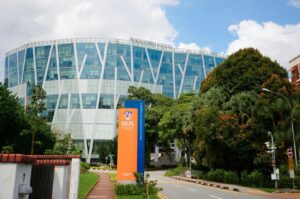Welcome to your essential Singapore MRT Guide for Expats—the complete resource for navigating Singapore’s world-class Mass Rapid Transit (MRT) system. Whether you’re settling in to work, study, or explore Singapore, understanding MRT lines, train stations, and the seamless integration with public transport is key to making life in the Lion City cost-effective and hassle-free.
Why the MRT Is Your Best Friend in Singapore
The backbone of Singapore’s MRT is its impressive network of MRT stations, interchange stations, and rapid train services that link almost every corner of the island. From shopping havens like Orchard Road to historic Chinatown MRT, scenic Botanic Gardens, and bustling business zones such as Raffles Place, Tanjong Pagar, and Marina Bay, every destination is just a ride away. With outstanding train frequency during peak hours and reliable operation from early morning until midnight daily, the system guarantees fast, easy access across Singapore.
East West Line
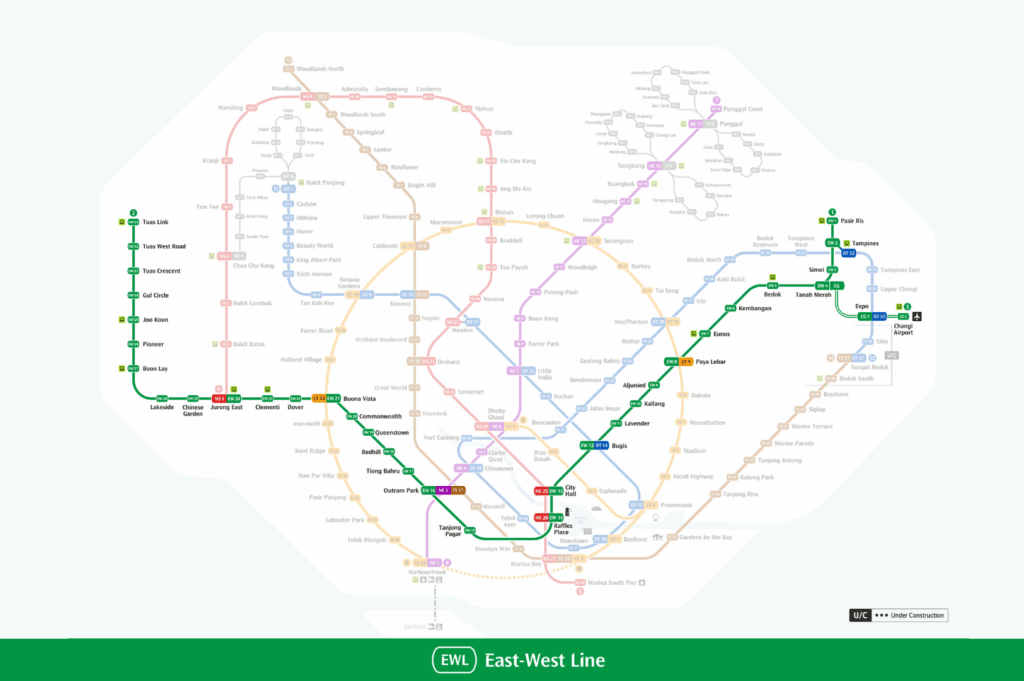
The Green Connection Across Singapore
The East West Line (Green) is a major artery of Singapore’s railway system. It stretches from Pasir Ris in the east to Tuas Link in the west, connecting pivotal mrt stations like Changi Airport, City Hall, Raffles Place, Tanjong Pagar, and Outram Park—many of which are prominent interchange stations for transfers between lines. The East West Line is unbeatable for city commutes, airport connections, and direct access to both residential and industrial districts.
Circle Line
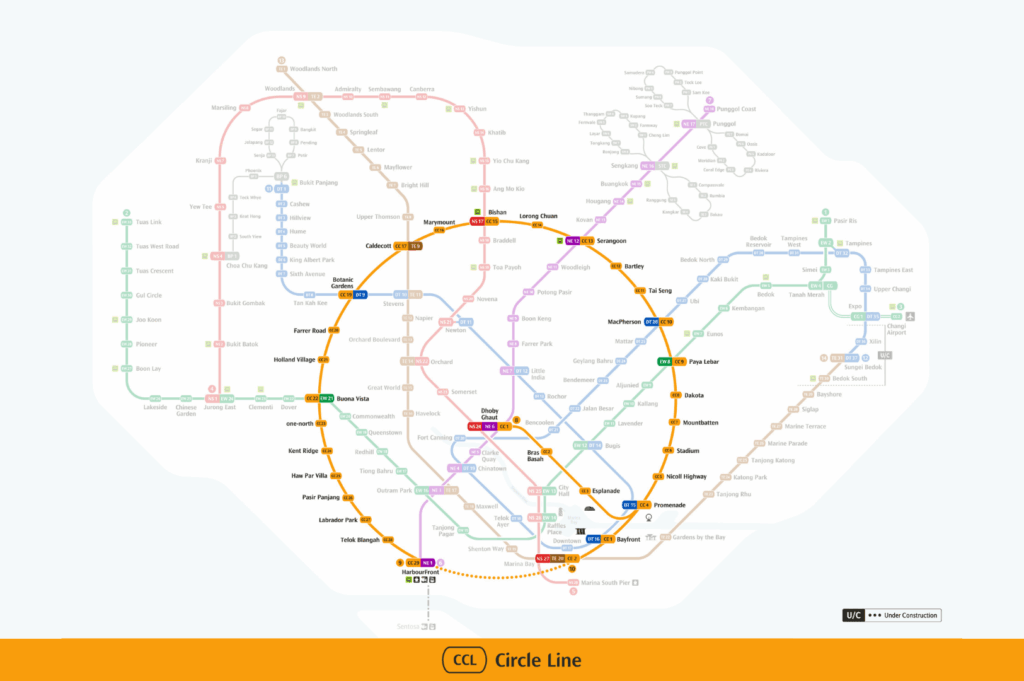
Making Every Journey a Loop
The Circle Line (Yellow) encircles the downtown area, giving you a non-stop path to key spots without entering the city core. It links major residential, entertainment, and corporate centers, making it easy to explore Singapore. With quick transfers at hubs like Dhoby Ghaut, Marina Bay, and Botanic Gardens, it’s the shortcut for smart commuters. Perfect for those aiming to avoid traffic or looking for efficient cross-town MRT rides.
Downtown Line
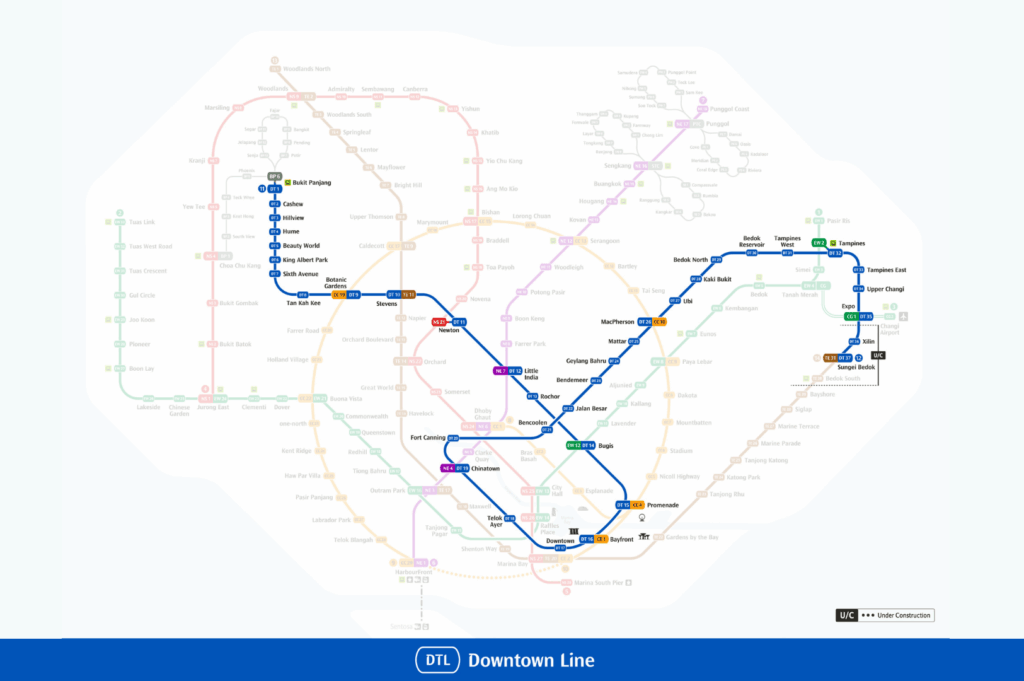
Blue Convenience From West to East
Spanning from Bukit Panjang LRT in the north-west to Expo in the east, the Downtown Line (Blue) cuts through the city, serving commuters from residential districts to the heart of financial Singapore. It connects with key interchange stations such as Newton, Bugis, and Chinatown MRT, offering alternative routes and reducing crowding on other MRT lines. For those keen on fast routes, even during off peak hours, this line is a daily game changer.
Bukit Panjang LRT
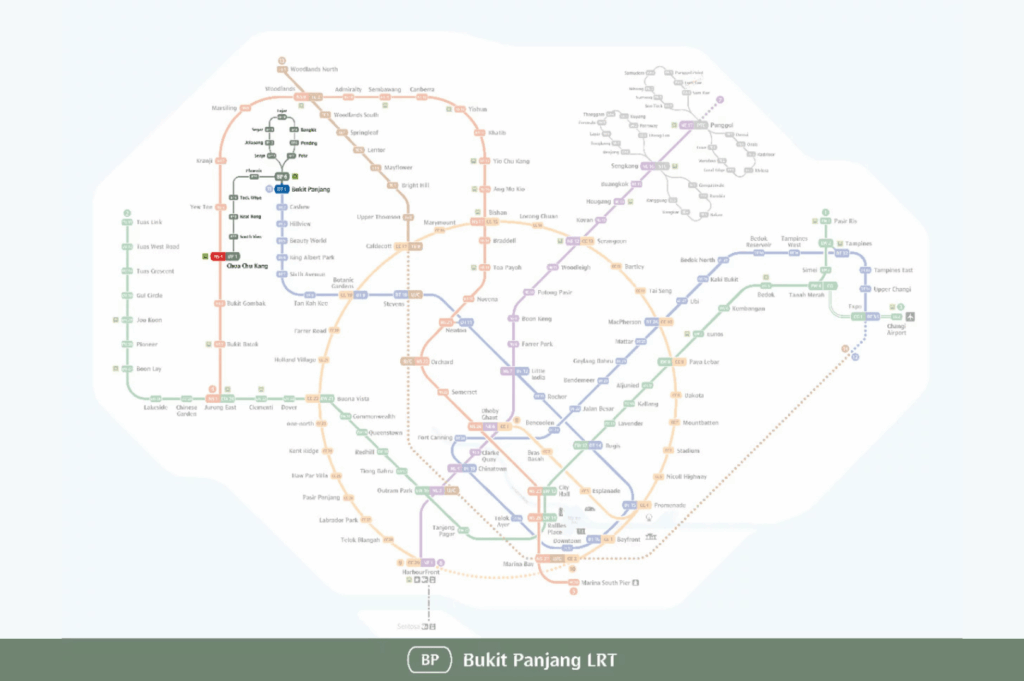
The Last-Mile Solution
The Bukit Panjang LRT is a dedicated LRT line connecting neighborhoods to the wider MRT network at Bukit Panjang station. It’s a lifeline for local residents, offering smooth, rapid access to schools, malls, and homes. If your journey starts or ends in Bukit Panjang, this light rail ensures easy access to the rest of Singapore.
Thomson East Coast Line
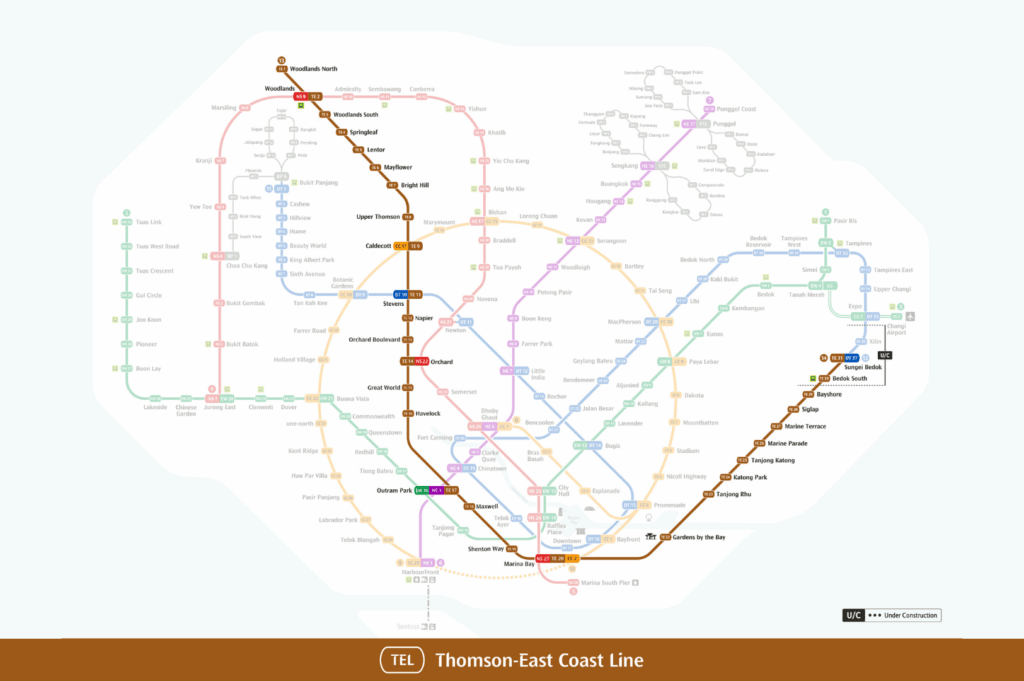
A New Era of Connectivity
The Thomson East Coast Line (Brown) is Singapore’s newest link, but is not yet fully operational from Woodlands to Marine Parade. As of 2025, it runs from Woodlands North to Sungei Bedok, and new stations are opening progressively. This line keeps enhancing the network, connecting more homes and offices to the rest of the system. It provides new alternatives for both daily commutes and weekend outings, marking an exciting upgrade in public transport.
EZ-Link Card
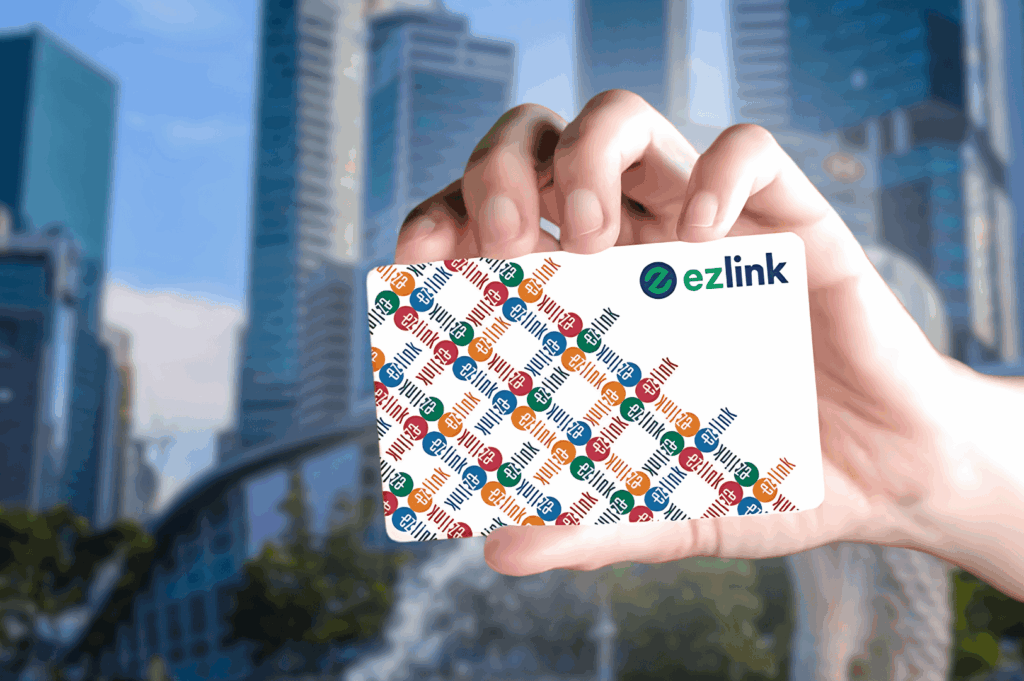
Your All-in-One Travel Card
The EZ-Link card is the standard travel card for all MRT rides and most bus rides in Singapore. Pick one up at MRT or bus interchanges, convenience stores like 7-Eleven, or selected ticketing machines. Current prices may vary—S$12 with S$7 stored value and S$5 admin fee is common, but check official sources for latest pricing. Top-up easily at any ticketing point, online, or with mobile wallets. For seamless tracking, use the EZ-Link or SimplyGo app—auto top-ups are available.
Top-Up Methods
- Ticketing machines at all MRT stations
- AXS machines and partner locations
- The EZ-Link app and SimplyGo app for online top-ups
- Most convenience stores and bus interchanges
Many expats appreciate the flexibility of having a physical card for daily use and a mobile app for quick account management.
Apple Pay
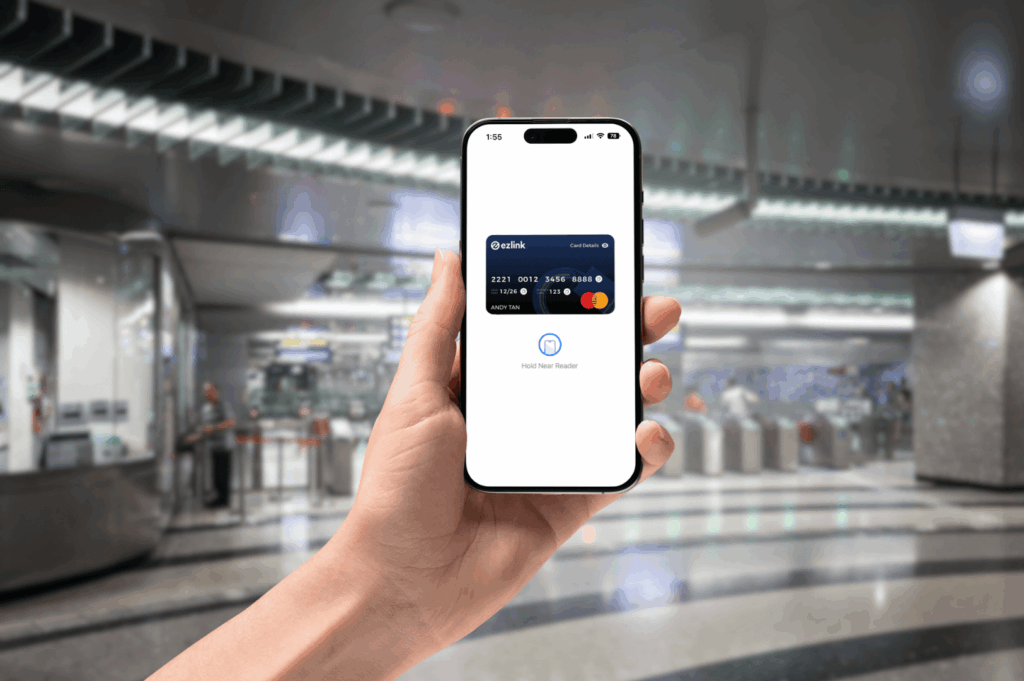
Tap and Go With Your iPhone
Apple Pay is accepted for MRT rides and bus services—just add your card to your device and tap at fare gates. Manage payments and journey history using the SimplyGo app. Like other mobile wallets (such as Samsung Pay and Fitbit Pay), it’s a cash-free, instant way to pay and keep track of your rides without fumbling for your physical card.
Fitbit Pay
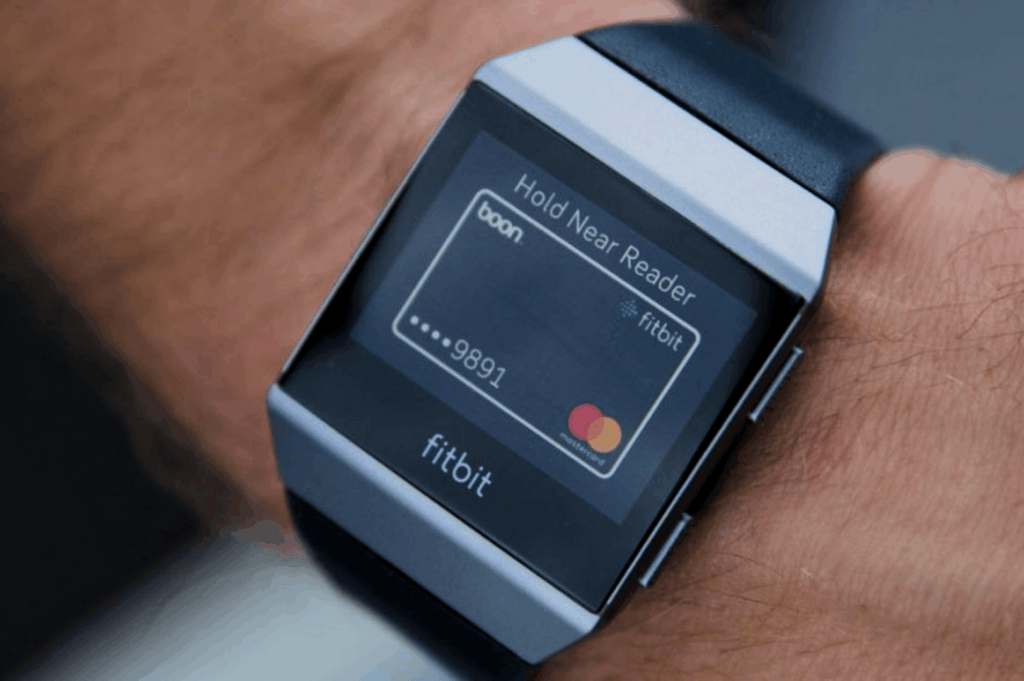
Fitness Meets Commuting
Use Fitbit Pay to tap in and out, keeping your wallet in your pocket and your journey hands-free. This mobile payment is especially convenient for travelers on the go or when out for a run—simply tap your device at any gate just like with contactless bank cards.
Contactless Bank Cards
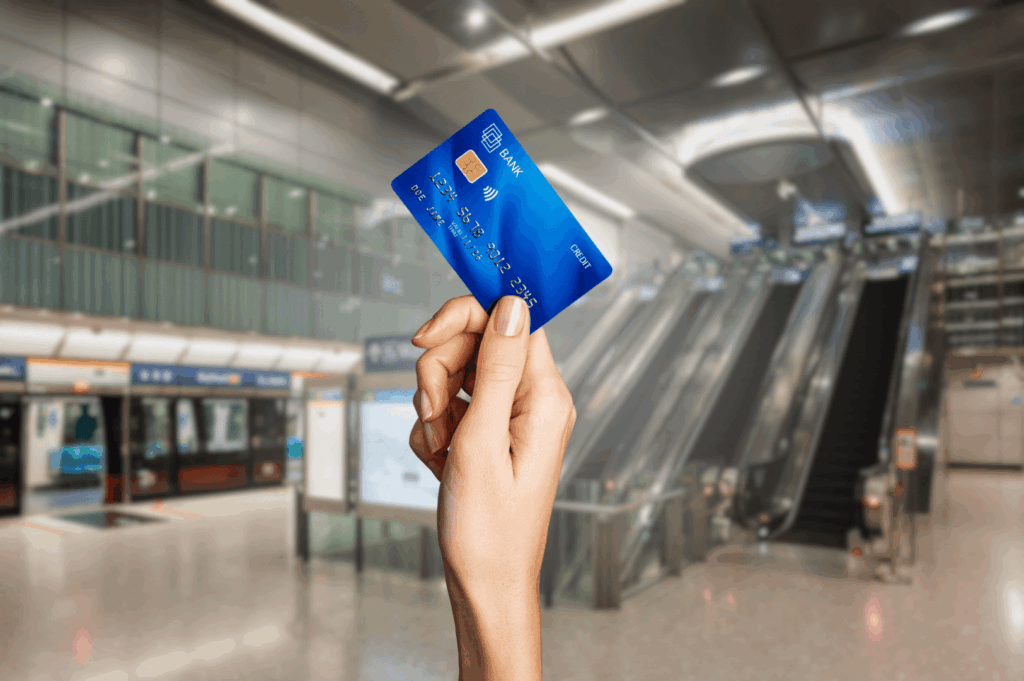
Hassle-Free and International-Friendly
You can now pay directly for any ride using contactless bank cards (Visa, Mastercard, etc.) or mobile wallets. Just simply tap at the fare gate—your fares are debited automatically, giving the same cost effective rates as a travel card, and there’s no extra admin fee. Note: Some foreign-issued cards may incur additional transaction or admin fees. Transactions and ride details are all tracked via the SimplyGo app. For more details, visit the SMRT visitor payment guide.
- Tourists may choose the Singapore Tourist Pass for unlimited rides.
- NETS FlashPay is another excellent stored-value card alternative.
- If you only ride occasionally, purchase single trip tickets at ticketing machines.
MRT Map
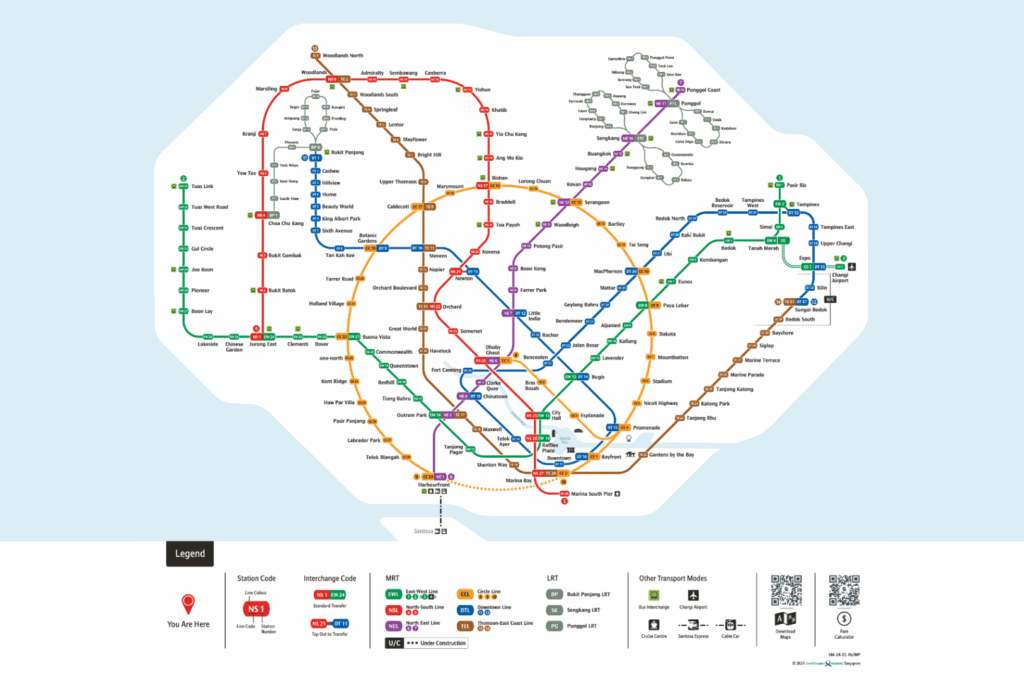
Visualize Your Entire Journey
Every station features prominently displayed MRT maps in multiple languages, highlighting MRT lines, interchange stations, and transfer points. Download a map to your phone or access it via the official app or Google Maps for journey planning. Knowing the MRT map helps you visualize the shortest or fastest route to your destination, be it Marina Bay, Orchard Road, or Chinatown MRT.
Understanding Station Layout, Signage & Accessibility
All train stations are designed for easy access—look for digital screens, color-coded paths to various lines, and “You Are Here” markers. English is always present, complemented by Chinese, Malay, and Tamil. Features include lifts, ramps, priority seats, and tactile paving for the visually impaired, making every journey accessible for all.
Tip: Always stand on the left side of escalators to let others pass on the right—an important piece of local etiquette.
How Fares Work and What to Expect
Fares for MRT rides and connecting bus rides are calculated by total distance traveled, not by zone. For adults, fares typically range from S$0.69 to S$1.97. Your fare is automatically combined if you switch from bus to train within two hours. Using an EZ link card, NETS FlashPay, or contactless bank cards is more cost effective than single use single trip tickets.
- There is a difference between peak and off-peak fares—early morning trips before 7:45 AM receive a small discount.
- Reduced fares for students, seniors, and permanent residents
- Check exact fares using the MyTransport app or Google Maps before your journeyFor the most accurate fare details—whether traveling short or long distances—see the official SimplyGo adult fare chart.
Managing Peak Hours, Rush Hours & Off Peak Times
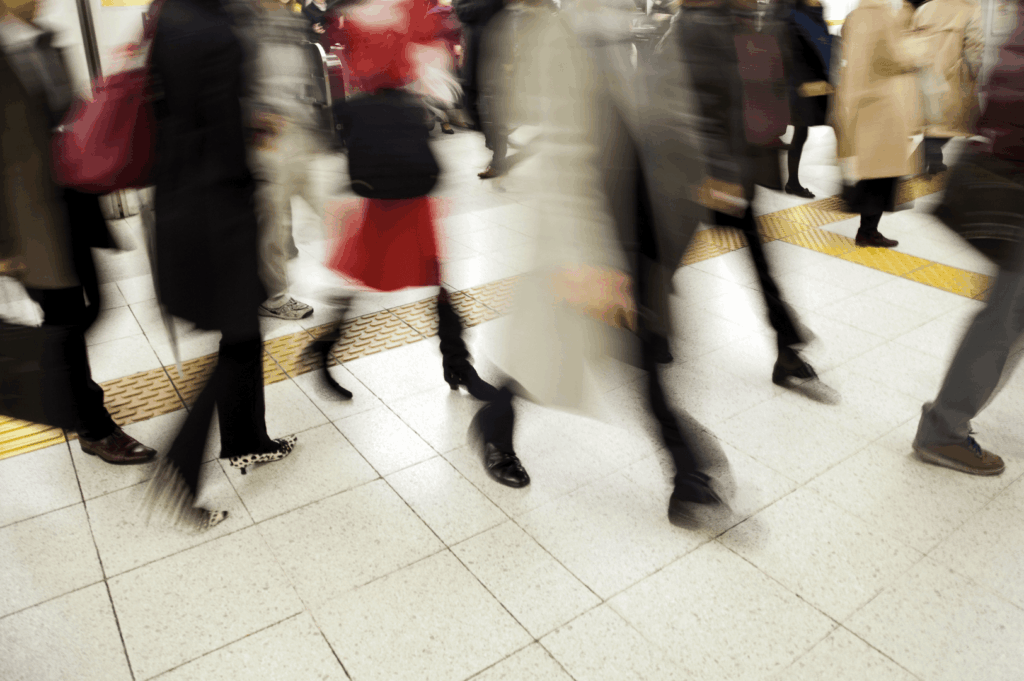
- Peak hours/rush hours: 7:30–9:30 AM, 5:30–7:30 PM; expect the highest crowding at major interchange stations like Dhoby Ghaut, City Hall, and Raffles Place.
- Off peak hours: Minutes between trains are slightly longer, but you’ll grab a seat and enjoy quieter travel—perfect for sightseeing or errands.
- Weekend peaks: Shopping and leisure areas like Marina Bay, Orchard Road, and Botanic Gardens experience heavier flow especially on Saturday afternoons.
- All MRT lines run with excellent train frequency and punctual operating hours—the first bus and train generally starts between 5:30 and 6:00 AM, with last trains typically running until about 12:00 midnight.
Commuter Tip: Use the official app or Google Maps for live updates, especially during peak times or planned maintenance.
Interchange Stations
Navigating interchange stations is crucial—these are where one line meets another, allowing you to switch lines easily. Main examples:
- Dhoby Ghaut (North South, North East, Circle Lines)
- City Hall (East West, North South Lines)
- Raffles Place (North South, East West Lines)
- Outram Park, Jurong East, and Paya Lebar
- Smaller interchanges allow for quick cross-platform transfers, but larger stations like Dhoby Ghaut and Chinatown MRT involve walks across multiple platforms.
Interchange Tips:
- Follow floor markings and signs matched to line colors.
- Double-check train frequency screens to minimize waiting.
- Plan transfers beforehand using the MRT map or trip planning apps.
Time-Saving Hacks for Expats and Frequent Riders
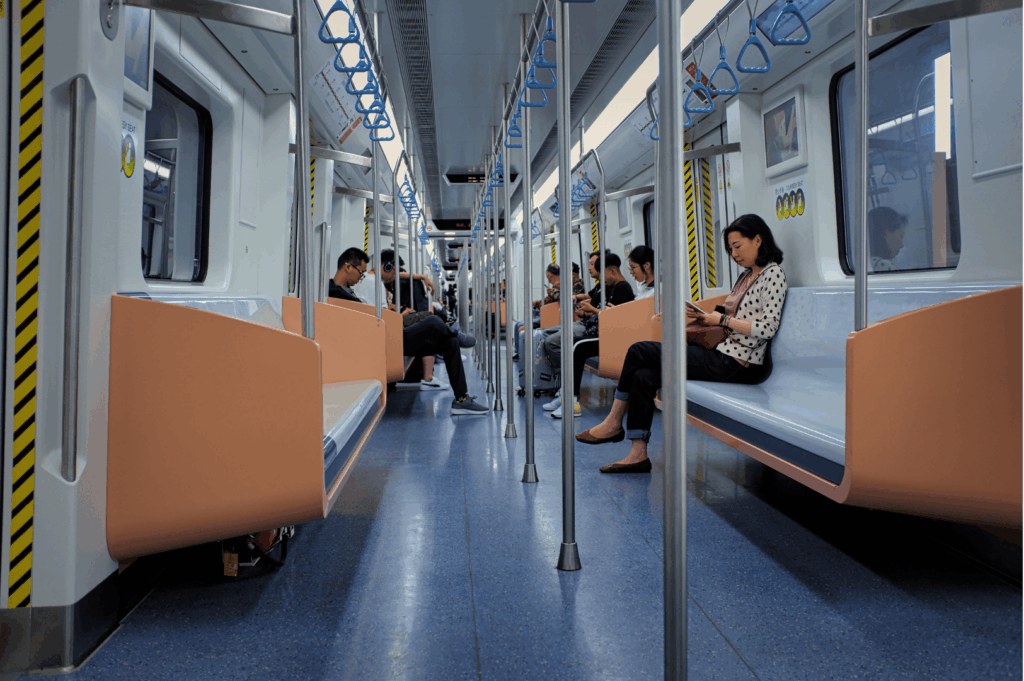
- Stand near the doors in center carriages—they’re less crowded off-peak.
- Memorize which car stops nearest your preferred exit at your stop.
- Board at terminal or less busy stations for a better chance at a seat during peak hours.
- Use the MyTransport app, SimplyGo app, or Google Maps for live data and optimal transfers.
- Always check ticketing machines for fare changes or updates.
Etiquette and Local Customs
Singapore prides itself on clean, efficient, and courteous public transport. Remember to:
- Let riders alight first before boarding the train.
- Keep noise to a minimum; use headphones for all audio.
- Offer priority seats to those in need.
- Keep food and drink outside trains.
- Queue in orderly lines, and keep right to walk on escalators, left side to stand.
Troubleshooting: Disruptions, Emergencies, and Service Changes
Should service be disrupted (rare, but possible), announcements and notices will appear on station screens and in the SimplyGo app or official app. MRT and bus staff are trained for emergencies—press emergency call buttons on trains or platforms for help. Buses are often deployed as a backup bus service on affected routes.
Mixing MRT with Other Options
- Tap in and out using credit/debit cards, mobile wallets, or physical cards on MRT, LRT, and bus rides.
- Many bus interchanges are physically integrated with major MRT stations for seamless transfers.
- Explore bike-share, e-scooters, or walking via Singapore’s sheltered walkways for your last-mile connection.
- Take the East West Line to Changi Airport for a cost-effective, smooth airport ride.
Mobile Apps and Journey Planning

Essential tools:
- Google Maps and MyTransport app for real-time arrivals and service info
- EZ-Link app and SimplyGo app for mobile top-ups, card management, and payment tracking
- Citymapper and Moovit for journey planning, including alternate routes and live updates
- Download an offline MRT map for underground travel or walkways
Plan your trips with ease using the Land Transport Authority’s travel planner. It includes route maps, MRT transfer guides, and mobile payment options for commuters.
Marina Bay
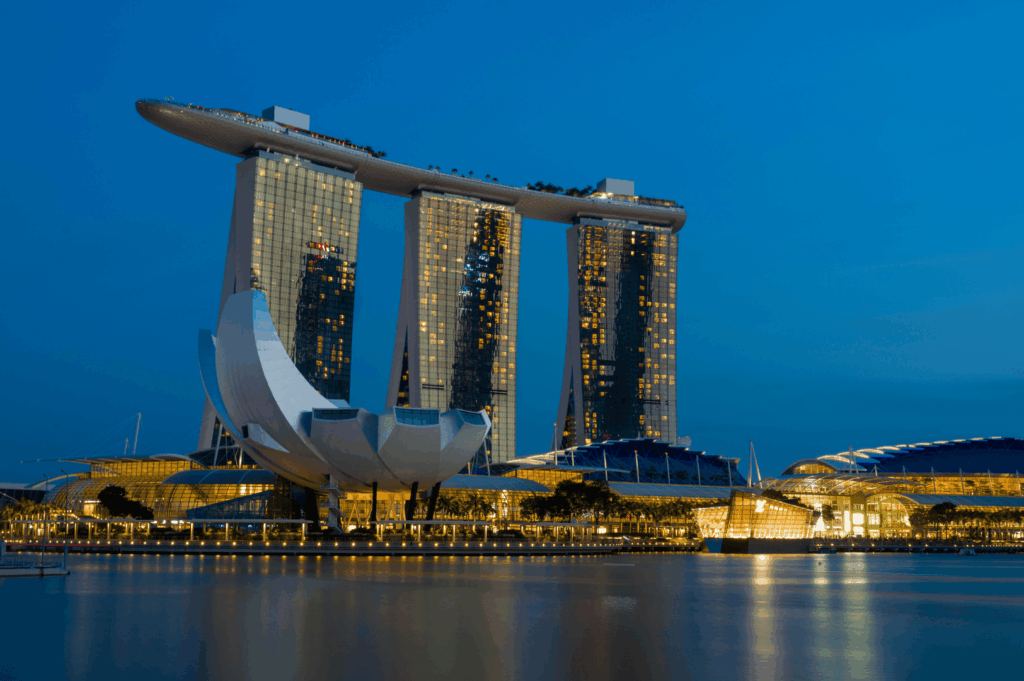
The iconic Marina Bay district is served by several lines—use the Circle Line, Downtown Line, or North South Line to reach the attractions, gardens, and shopping complexes. Transfers here are smooth, serving both tourists and daily commuters, but plan ahead during high-traffic events or special occasions for the easiest ride.
Your Journey Starts Here
Start with your daily routes, focus on the lines and interchange stations that matter most to your journey, and use your travel card or contactless bank cards for the easiest experience. The Singapore MRT Guide for Expats unlocks a city where every commute is simple and efficient, and exploring every corner of Singapore is just a tap away. To know more about transportation and mobility, Expat Life Singapore offers guides specializing on that just for you! Welcome aboard!


